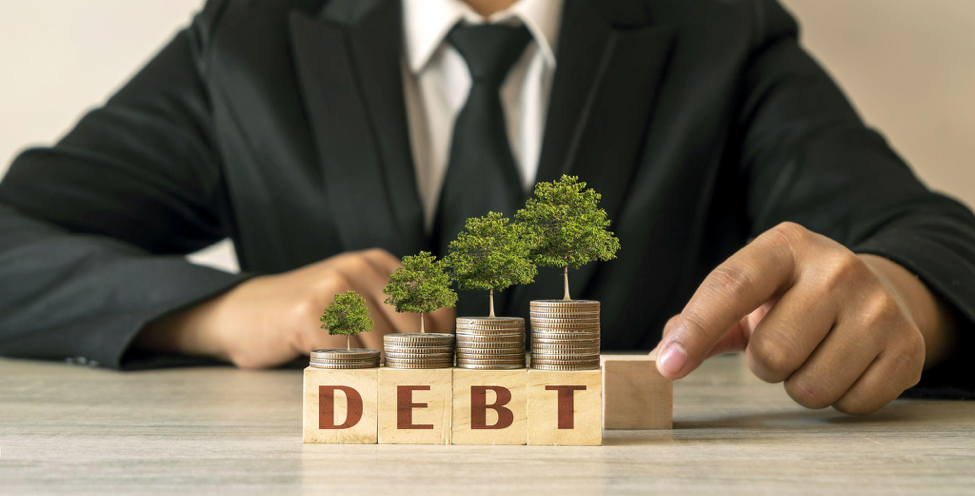
Water Conservation: 7 Simple Ways to Save Water at Home and in Your Business
Water is one of our most precious resources, yet it is often wasted without thought. ...

Rania Mashat, Minister of International Cooperation of Egypt, which holds the Presidency of COP27, said “Debt-for-nature swaps or debt-for-energy-transition swaps is where the world needs to push further,” as this financial tool helps raise money to protect the endangered ecosystem.
Mashat told the Forum’s Growth Summit panel that the current global economic climate, with increased risk perception, has made concessional finance mechanisms more needed now than ever. But debt swaps at their current size aren’t enough to ensure a just transition.
“Debt-for-climate” swaps are seen as a way to create more space for the transition in countries, but they are also done in very small amounts, not in amounts that are going to help, she said.
Egypt has a debt swap with Germany under its Nexus, Water, Food and Energy (NWFE) platform, which funds renewable energy projects, but in terms of the total amount of investment needed for the transition, Mashat said the swap was “symbolic”.
“This means addressing barriers to scale and improving the financial terms under which swaps are conducted,” she added.
In essence, debt-for-nature swaps are a financial instrument that allows countries to free up fiscal resources to build resilience against the climate crisis, and take action to protect nature while still being able to focus on other development priorities without triggering a fiscal crisis.
As International Monetary Fund (IMF) Managing Director, Kristalina Georgieva, explained “creditors provide debt relief in return for a government commitment to decarbonize the economy, invest in climate-resilient infrastructure, or protect biodiverse forests or reefs.”
Debt-for-nature swaps are viewed by many as a win-win where the country reduces its external debt while benefiting nature and environmental groups involved in the deal, and banks profit from selling on the debt.
For swaps to really have an impact, “the number and size of transactions must be scaled up significantly”, the IMF’s Georgieva said.
“This means addressing barriers to scale and improving the financial terms under which swaps are conducted,” she added.
اترك تعليقا